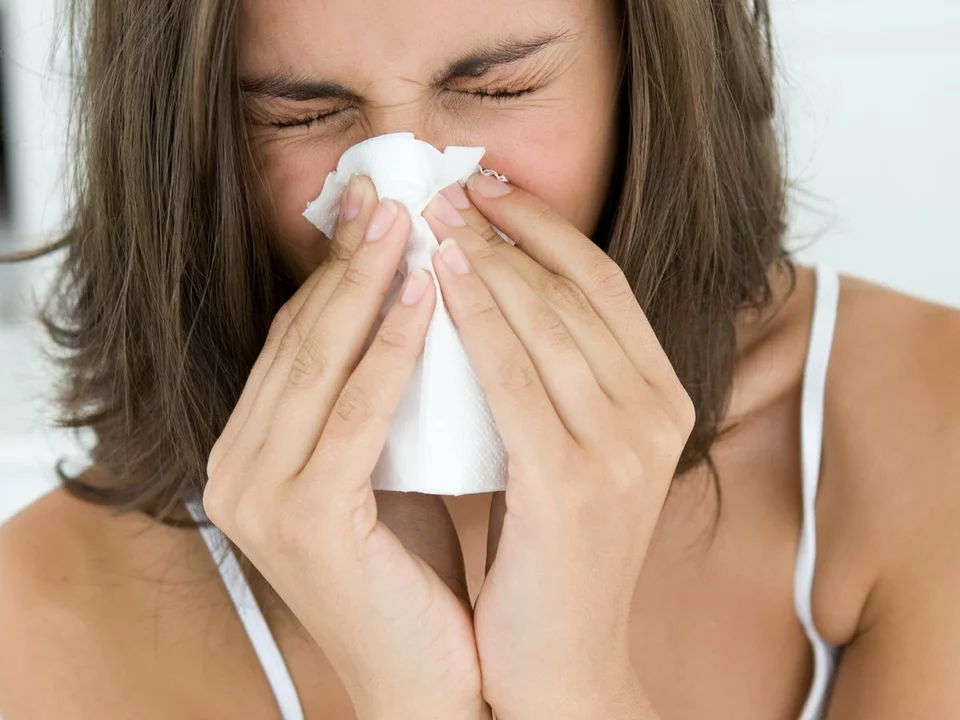Prevent Blocked-Up Nose: Simple Daily Steps That Work
Blocked nose ruins sleep and focus. Here are practical, no-nonsense ways to stop congestion before it starts. Use what fits your life and try a couple of tips together for better results.
Daily habits that reduce congestion
Keep indoor air moist. Dry air thickens mucus and irritates your nose, use a humidifier in bedrooms or place a bowl of water on a radiator. Clean humidifiers weekly to avoid mold. Stay hydrated; water thins mucus and helps it clear. Aim for 8 cups a day or more when you feel congested.
Wash your hands and avoid touching your face. That reduces colds and infections that lead to a blocked nose. Avoid smoke, strong perfumes, and cleaning sprays - these irritate nasal passages and make congestion worse.
Manage allergies. If you know pollen or pet dander triggers you, use HEPA filters, wash bedding weekly in hot water, and keep pets out of the bedroom. Over-the-counter antihistamines help some people; talk to a pharmacist if you're unsure which to try.
Quick fixes and treatments that help
Use saline rinses or sprays. A saline nasal rinse clears mucus, allergens, and keeps the lining moist. You can use a neti pot or a premixed squeeze bottle. Always use sterile or distilled water and clean devices after each use.
Try warm steam inhalation for short relief. Sit over a bowl of hot water with a towel over your head for 5-10 minutes, or take a hot shower. Steam helps loosen mucus so you can breathe easier.
Nasal strips and topical balms can help at night. Nasal strips open the nostrils mechanically, improving airflow without drugs. Menthol balms feel cooling and can make breathing more comfortable while you sleep.
Use decongestant sprays sparingly. Sprays like oxymetazoline work fast, but limit use to 3 days to avoid rebound congestion. Oral decongestants can be useful for short periods. Check with a pharmacist if you have high blood pressure or heart issues.
Sleep smart: elevate your head with an extra pillow to reduce nasal stuffiness at night. Sleeping on your side can prevent drainage from pooling in one nostril. If you wake often with a blocked nose, try alternating sides.
Prevent colds with vaccines and simple routines. Get a yearly flu shot and keep up-to-date with COVID boosters if advised. Regular exercise and a balanced diet support your immune system; sleep, vitamin D, and modest weight control help too. Avoid crowded places during peak cold season when possible. Talk to your doctor about prevention options.
When to see a doctor: If congestion lasts more than 10 days, is severe, or comes with a high fever or facial pain, get medical advice. Chronic blocked nose may need allergy testing, nasal corticosteroids, or evaluation for a deviated septum or nasal polyps.
Small changes add up. Try one or two daily habits and a quick fix when needed. You don't need complicated routines, consistent steps that keep your nose clear and let you sleep and function better.

How to prevent a blocked-up nose and red, watery eyes during allergy season
As allergy season approaches, I've found a few ways to prevent the dreaded blocked-up nose and red, watery eyes. First, I make sure to keep my home clean and dust-free, especially my bedroom. I've also discovered that using a HEPA air purifier can significantly reduce allergens in the air. Additionally, staying indoors during peak pollen hours and wearing sunglasses when outside has been a great help. Lastly, over-the-counter allergy medications have been a lifesaver when symptoms do strike!
Categories
- Medications (70)
- Health and Medicine (61)
- Health and Wellness (36)
- Online Pharmacy Guides (16)
- Nutrition and Supplements (9)
- Parenting and Family (3)
- Environment and Conservation (2)
- healthcare (2)
- prescription savings (1)
Popular Articles



